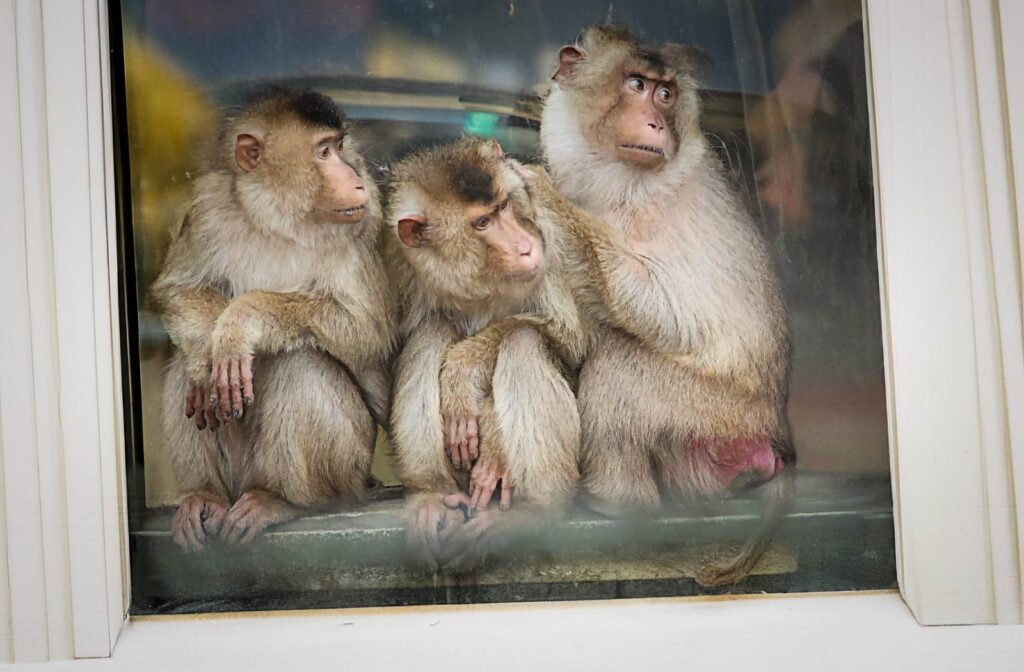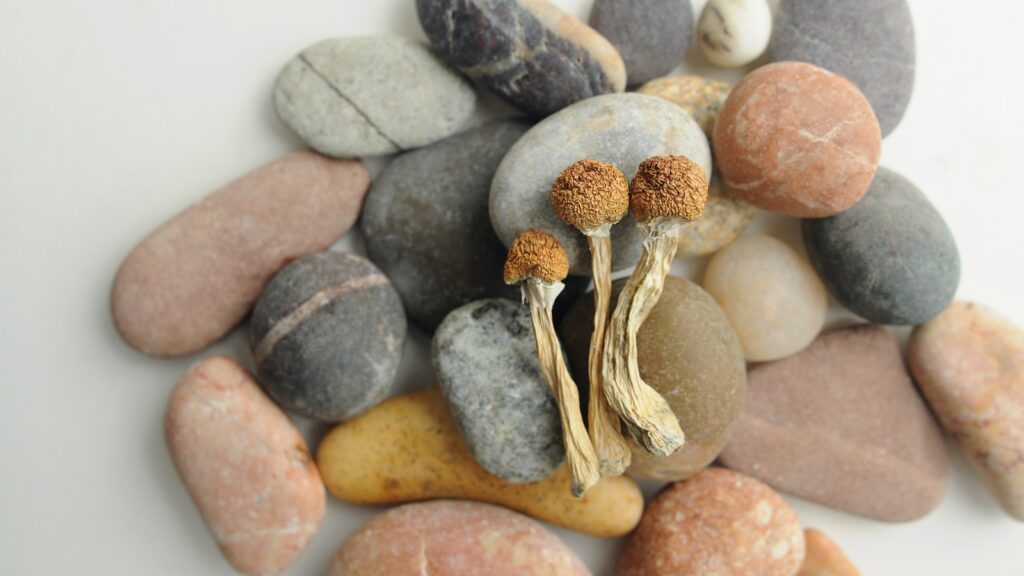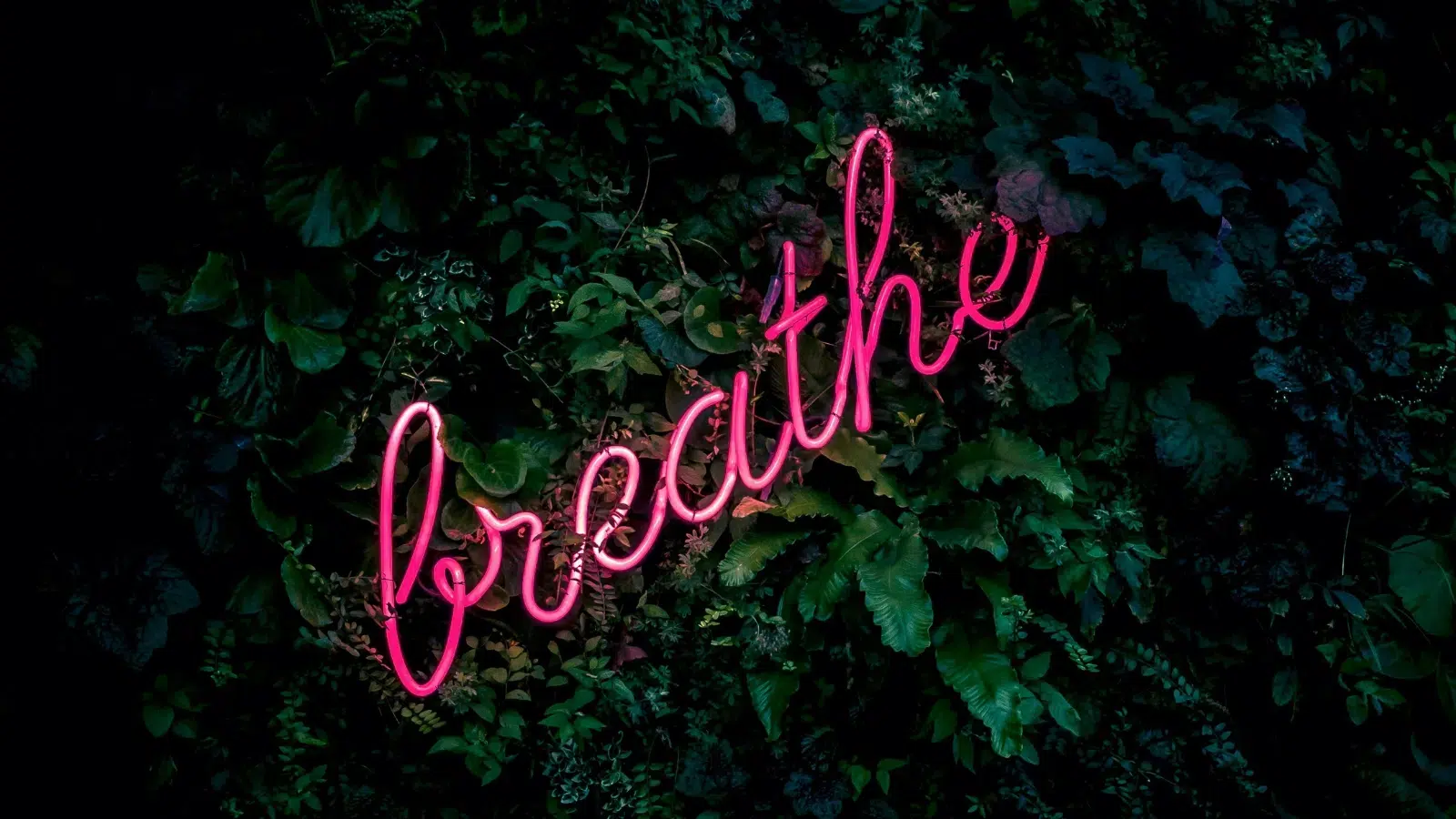Mushrooms are the new marijuana, at least when it comes to policy reform and decriminalization.
Six years ago, the United States entered the final phase of marijuana legalization when Measure 91 passed on the Oregon ballot, legalizing recreational marijuana in the state. What followed was a tidal wave of changes to marijuana policy in Washington, California, and many other states. Now, 11 states plus DC have recreational legal marijuana laws, and 33 have legalized weed for medical use.
When we look back on 2020, we might see it as the start of a similar shift for psilocybin mushrooms. Similar to the way in which marijuana was legalized, more and more breakthrough studies have proven that psilocybin can treat depression and other mental illnesses. The therapeutic and medical value of these stigmatized drugs is slowly being recognized, giving the movement toward decriminalizing psilocybin some legalization momentum.
2019 Quick Recap
It started in 2019 in Denver, Colorado. With 50.6 percent of 176,000 votes, Denver became the first city to decriminalize psilocybin. Initiative 301, passed last April, made the personal use and possession of psilocybin mushrooms the lowest possible law enforcement priority for the city. It also stopped law enforcement from directing resources to convictions related to mushroom possession and use.
Similar laws followed shortly after in two other cities. For example, in Santa Cruz, California, the city council expanded upon psilocybin with a resolution that made arrests for entheogenic plants and fungi, including ayahuasca and magic mushrooms, a low priority. In June of 2019, another California city, Oakland, did the same.
“It’s just the whole psychedelic world is on fire about this movement.” said Tomas Avalos, deputy director of Decriminalize California. “And it’s pretty cool to see that the supports there, and it’s starting to build even more.”
This year, there are more decriminalization measures on ballots across the country. Accordingly, their passage could signal a deluge of policy changes in the next decade.
2020 Decriminalize Psilocybin City Breakdown
Ann Arbor
At the end of September 2020, Ann Arbor followed in the footsteps of its liberal sisters. The city decriminalized psychedelic plants and fungi, ensuring that police officers no longer make them an enforcement focus. Decriminalize Nature Ann Arbor (DNA2) was the main funder and lobbyist on the issue in the city.
On September 21st, the city council voted unanimously to stop law enforcement authorities from investigating or arresting anyone who plants, cultivates, buys, transports, distributes, uses, or possesses entheogenic plants. They also went one step further. They called on the Washtenaw County prosecutor’s office to halt the proceedings of prosecutions around these substances.
DC
DC has a ballot measure this fall, Initiative 81, or the Entheogenic Plant and Fungus Policy Act of 2020. Decriminalize Nature DC is the nonprofit pushing for Initiative 81. They’re getting tens of thousands of signatures for the measure to make it on the ballot.
If it passes, it would create similar changes to those in other cities. These changes include making pursuing prosecutions around psychedelic plants the lowest priority for police officers. However, it would not be a true decriminalization. After DC decriminalized small amounts of marijuana in 2014, Congress specifically prohibited DC from decriminalizing or legalizing any Schedule I drug. Advocates hope this is enough to stop law enforcement officials to stop prosecuting and arresting for these types psychedelic drugs. Even if the measure does pass, the DC Council and Congress could move to overturn it.
Oregon
Never to be outdone, Oregon wants to be the first state not just to decriminalize psilocybin, but also to allow healthcare providers to prescribe it. Measure 110 would demote possession or personal use of any Schedule I–IV drug, including psilocybin, methamphetamines, heroin, and cocaine, to a simple violation with a $100 fine or a completed health assessment.
And Measure 109 would go one step further. It would create a program for health professionals to administer psilocybin as a treatment for various mental health conditions. If passed, The Oregon Health Authority (OHA) would set up a program and create the regulations along with the Oregon Psilocybin Advisory Board (OPAB). Unlike marijuana legalization, a patient wouldn’t get a script to fill and take on their own, instead a “psilocybin service center” run by these organizations would administer the psilocybin and supervise the trip. This method is in in line with growing research around ketamine for depression and MDMA for PTSD, which has already been approved by the FDA. The goal is a controlled psychedelic experience with as little risk of a traumatic incident as possible and the best setting for personal growth and mental illness recovery.
Critics worry that a program like this could go very wrong if facilitators are not trained properly. It sessions with patients are reckless and lead to bad outcomes it could set the decriminalization movement back, similar to how it was stigmatized in the 1960s. Advocates agree that the model for psychedelic decriminalization and prescription needs to be very different than that of marijuana.
“The only thing I fear is that because of needing a medical oversight and then having to be regulated, that whole process seems like it can get very costly,” Avalos said.
As for the amendment, no polls on the subject have been released so we have little insight into how Oregon voters perceive the issue and how they will choose in November.
Future Proposals to Decriminalize Psilocybin
In Iowa, Republican representative Jeff Shipley proposed two bills to remove psilocybin from the state’s controlled substances list and get it legalized for medicinal use. Proponents in California have tried a few times to get a decriminalization measure on the ballot. But they’ve had trouble getting enough signatures, and missed the deadline for this year’s ballot. According to Avalos, it had to end the campaign due to concerns over COVID-19 safety.
“It’s almost a blessing in disguise” said Avalos. “Oregon’s taking kind of the front lead on this right now. It’s helping us out because the same people that were hesitant to back us are now jumping on board.”
Broader Implications
We’ll have to wait to see how these ballot measures fare on election day. Their progress will give us a sense of mushrooms’ ability to follow in marijuana’s footsteps and if the war on drugs is coming to an end, at least at the state level. If Trump and the Republican party win in November, the federal government is likely to continue its march forward on Nixon-era policies. And while Joe Biden doesn’t support marijuana legalization, he does support decriminalization.
“We have a potential to help over 200 people a day [who are suffering from suicides] by having easy access to this medicine,” Avalos said. “We’re trying to save people’s lives or trying to save people’s legacies, and not getting arrested and able just to live a regular life by being able to help themselves.”
It is unlikely we will ever see a shroom dispensary pop up next to one that handles weed, Oregon’s ballot initiative proves getting psilocybin through a doctor or taking it in the presence of a therapist might not be far away.
It took over 40 years for marijuana to go from a federal Schedule I drug to being recreationally legalized by a state. Will it take less than 10 for a second substance to go down a similar path?










